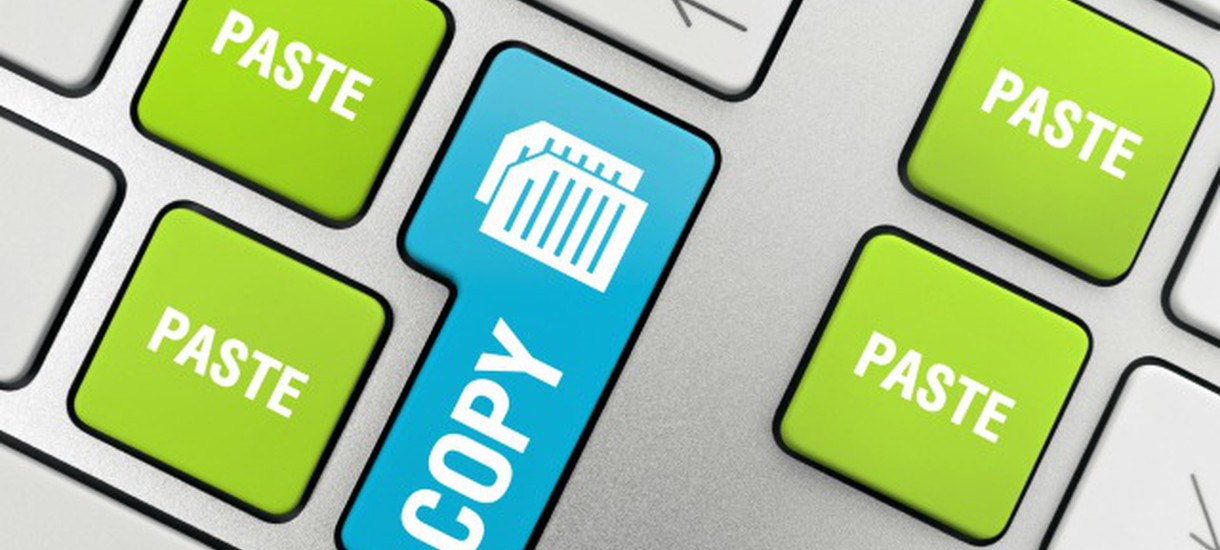Lawyer, graduated from the National University "Odesa Law Academy" with honors. Since 2017, I have been specializing in legal and educational and general legal issues. I am the author of legal articles, scientific publications and articles in the educational environment. Mentor of the "Veritas" legal clinic. The owner of the legal blog "Educational_law_ua" on Instagram.
Academic integrity is an integral component of ethics in the educational environment. It involves honesty, integrity and compliance with moral standards in the performance of educational tasks. However, students do not always follow these principles, which can lead to violations of academic integrity. In this article, we will consider the issue of responsibility for such violations, their consequences and measures aimed at their prevention.
What is a breach of academic integrity?
A breach of academic integrity includes any action or behavior by a student that violates honesty, integrity, or ethical standards in the academic environment. This can include actions such as plagiarism (using someone else's material without proper permission or citation), falsification of data, forgery of documents, copying in exams, sharing individual assignments, etc.
Violations of academic integrity can be encountered at any stage of education, from writing essays to taking exams or defending theses. These violations endanger not only the integrity of the student, but also the trust in the entire educational institution.
Negative consequences of violating academic integrity
A legal analysis of documents by a lawyer shows that the violation of academic integrity has serious consequences for both students and educational institutions. First, for students, such violations can lead to complaints, disciplinary sanctions or even expulsion from the educational institution. Any breach of academic integrity may affect their reputation and future career. For educational institutions, the consequences of violations of academic integrity can also be serious. They may lose the trust of students, parents, sponsors and other stakeholders. In addition, educational institutions may suffer damage to their reputational status and rankings due to press or social media coverage of academic integrity violations.
In turn, the violation of academic integrity also has a negative impact on science and the scientific community in general. Fake research or plagiarism undermines trust in scientific integrity and can lead to falsification of research results.
Liability for violation of academic integrity
The definition of rules and standards of academic integrity usually occurs at the level of educational institutions. These rules clearly define what constitutes a violation and provide for sanctions for such actions. Sanctions may include warnings, lower grades for assignments, expulsion from the school, and other disciplinary measures.
Some educational institutions have their own ethics committees or complaints commissions, which are responsible for identifying violations and applying appropriate sanctions. A legal analysis of contracts by a lawyer knowledgeable in such matters determines that some states have legislation that regulates academic integrity and establishes rules and sanctions for violators, which in turn is clear through a legal analysis of a contract for educational services of one of the educational institutions.
Therefore, the procedure for establishing responsibility for violations of academic integrity may vary depending on the cultural, legal, and other factors of each specific situation. However, it is important that these rules are clear, fair and meet the highest standards of ethics and fairness.





























